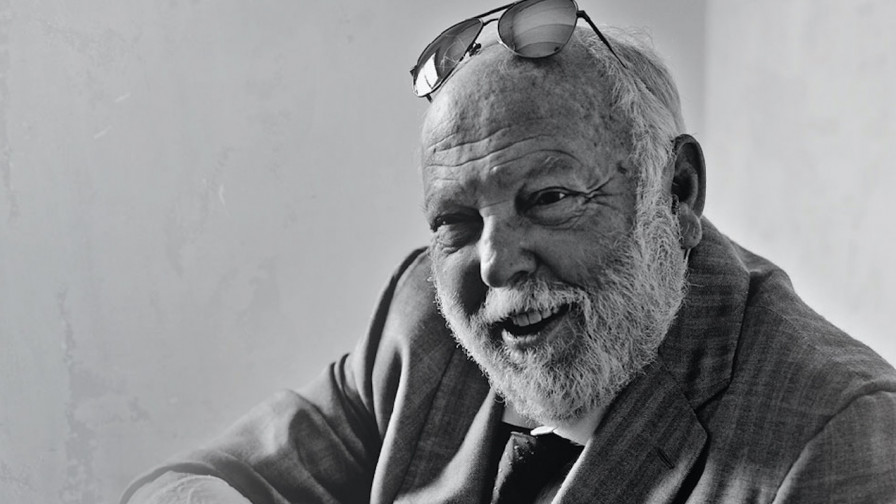Andy Vajna dies at age 74
Vajna, the government commissioner in charge of the development of Hungary’s film industry, who set up the Hungarian National Film Fund, which supported many Hungarian films that earned great international success, was born in Budapest in 1944. In 1956, he fled from Hungary on his own and emigrated to Canada with the help of the Red Cross, and later reunited with his parents in Los Angeles.
He studied at the University of California Los Angeles (UCLA), later he set up his own photo studio before establishing his own wig manufacturing company and running cinemas in Hong Kong.
Vajna produced nearly 60 films, including Sylvester Stallone’s first three Rambo films, the Golden Bear winner Music Box, and Evita starring Madonna. He worked with directors such as Oliver Stone and James Cameron, and actors like Sylvester Stallone, Arnold Schwarzenegger, Anthony Hopkins, Gary Oldman, Michael Douglas, Robert de Niro, Demi Moore, Sharon Stone and Scarlett Johansson.
He was the co-founder of Korda Studios in Etyek, and owner of Radio 1. and TV2, one of the main commercial television channels in Hungary.
The Hungarian National Film Fund noted that Vajna never had forgotten his Hungarian roots and always followed the Hungarian film industry. During his period as a government commissioner, Hungarian films like Son of Saul, On Body and Soul, 1945 and Kincsem earned great international success.
He played an indisputable role in boosting the Hungarian film industry. The volume of film productions in Hungary grew by almost fivefold during his period. During the “Vajna era”, Hungarian films supported by the HNFF won hundreds of international trophies, including the Grand Prix in Cannes, an Academy Award, a Golden Globe and a Golden Bear.
Ágnes Havas, CEO of Hungarian Film Fund, said: “Andy Vajna was a true film professional whose competence, devotion and hard work led the Hungarian film industry out of a deep crisis eight years ago. He became a top American producer, but he wanted to give back as much knowledge and expertise as he could, to the film industry of his home country. He became government film commissioner in 2011. He was a workaholic with endless creativity, relentless consistency, great enthusiasm and excellent sense of humour. We at the Hungarian Film Fund will continue working in the same spirit. I will miss him professionally and personally.”
